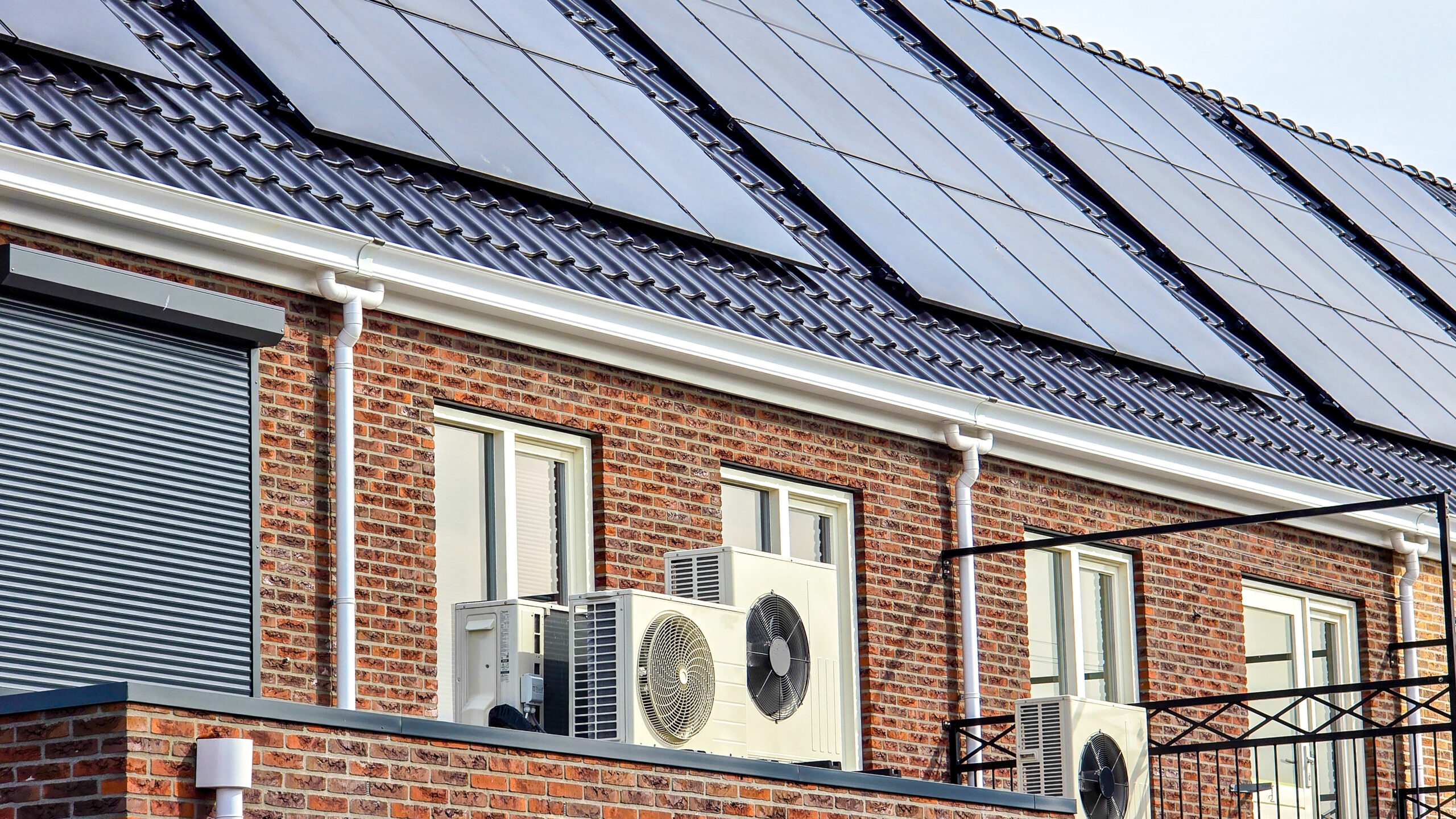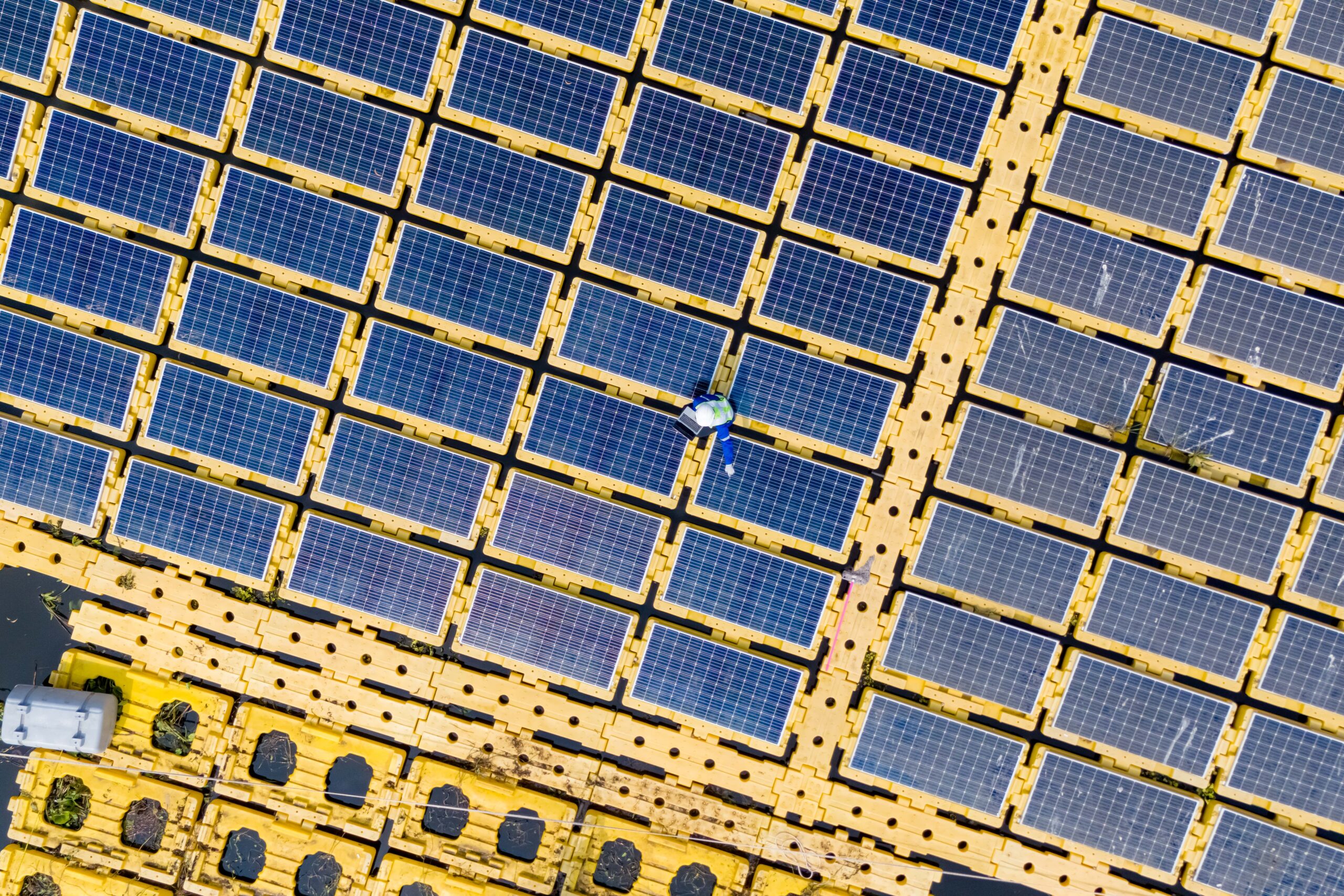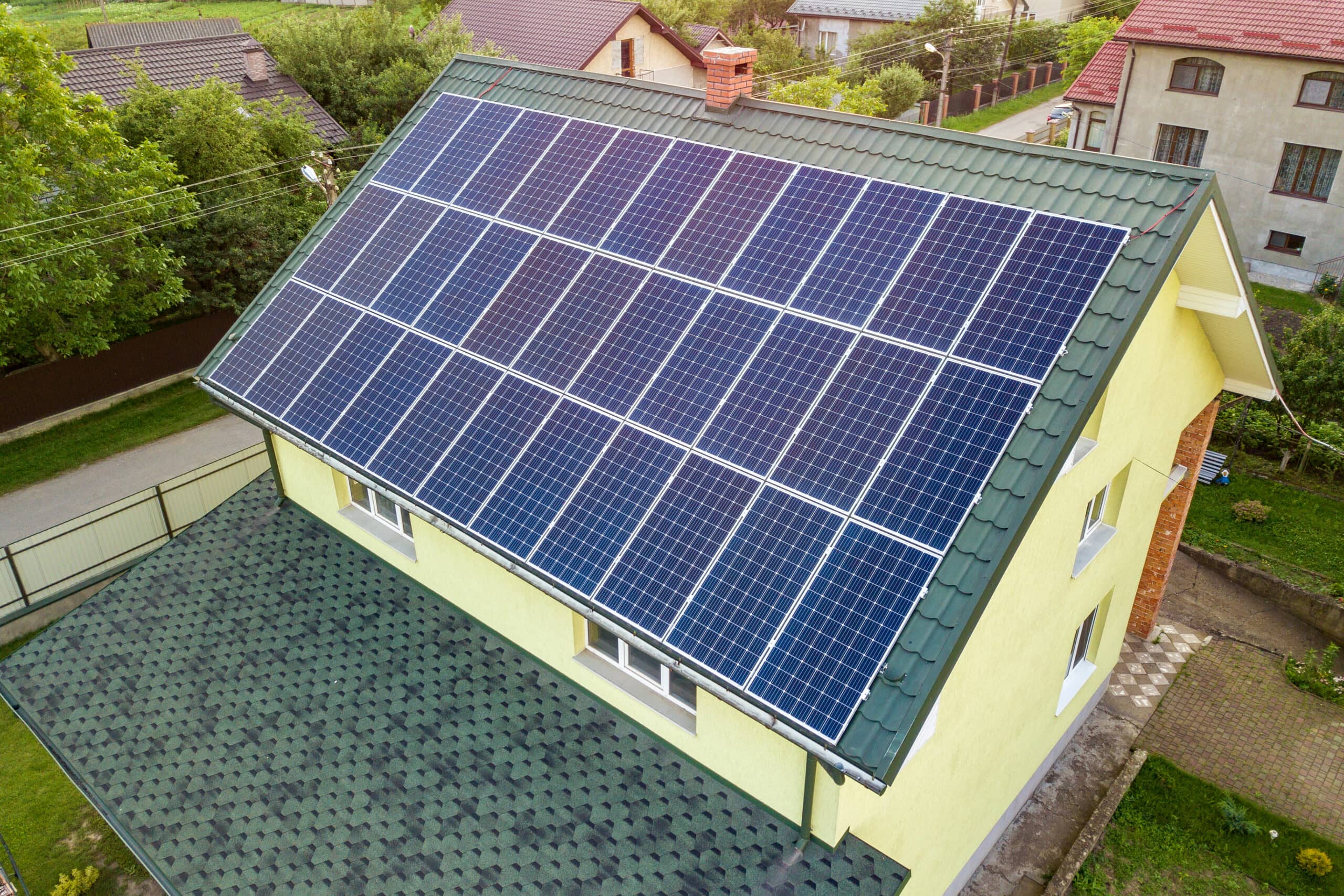There’s a growing interest in sustainable living these days, and one area that’s catching a lot of attention is using solar panels to power essential home appliances like air conditioners. It’s a smart move because not only does it help the environment, but it can also save you some serious cash. In this article, we’ll explore the details of using solar panels to power your air conditioner and the significant environmental and economic benefits.
The Solar Advantage for Cooling
Let’s dive into the solar advantage of cooling. Traditional air conditioners can consume significant Energy, leading to high energy consumption and a substantial carbon footprint. However, solar panels offer an eco-friendly alternative to air conditioning.
By harnessing the power of the sun, solar panels provide a clean and renewable source of Energy to cool your home. This reduces your reliance on conventional energy sources and minimizes the environmental impact associated with air conditioning.
One of the significant benefits of using solar panels for cooling is the potential reduction in energy expenses. With solar power, you can tap into an accessible and abundant energy source, significantly saving your electricity bills over time. It’s a win-win situation for both your finances and the environment!
Cost Efficiency and Long-Term Savings
Let us discuss the cost efficiency and long-term savings of solar panels. Regarding the initial investment in solar panels, there are almost never any upfront costs involved because government incentives and rebates are available to help offset the cost of installing solar panels. These incentives can vary depending on your province, but they provide financial assistance and make solar more affordable.
Solar panels have a long lifespan and require minimal maintenance. This means that once you install solar panels, you will immediately begin saving and benefit from locking utility costs for the next 40+ years.
Additionally, there may be government incentives and rebates available to help offset the cost of installing solar panels. These incentives can vary depending on your location, but they can provide financial assistance and make solar panel installations even more cost-effective. There is never a better time to go solar than yesterday, for example in Nova Scotia the rebates were $10,000 four years ago and have since reduced to $3,000. Eventually there may be no rebates.
Environmental Impact
Solar Energy has a tremendously positive environmental impact. By harnessing the power of the sun, solar panels provide a clean and renewable source of Energy, significantly reducing our reliance on fossil fuels. Reducing carbon emissions helps combat climate change and contributes to a greener and more sustainable future.
When it comes to solar-powered air conditioning, it aligns perfectly with broader sustainability goals. Using solar Energy to cool our homes can minimize our carbon footprint and reduce the environmental impact associated with traditional air conditioning methods. It’s a fantastic way to make our homes more energy-efficient and contribute to a healthier planet.
So, when discussing the environmental impact of solar Energy, remember to highlight the reduction in carbon footprint and how solar-powered air conditioning supports broader sustainability goals.
Calculating Solar Panel Requirements
When calculating solar panel requirements, there are a few factors to consider. First, you’ll want to consider your air conditioner’s power consumption. This will help determine how much Energy you need to generate with your solar panels. Next, sunlight exposure plays a crucial role. The more sunlight your panels receive, the more Energy they can produce.
To determine the correct solar panel setup for your air conditioner, it’s best to consult with a professional solar installer. They can assess your needs, consider these factors, and provide a practical guide tailored to your situation.
Types of Air Conditioning Units Compatible With Solar
All air conditioning units work well with solar panels, ensuring compatibility for an optimized and efficient cooling system.
One common type is the split air conditioning system. It consists of an indoor and outdoor unit, making connecting solar panels to the air conditioning unit easier.
Another option is the ductless mini-split system. It operates similarly to a split system but doesn’t require ductwork, making it a more flexible and energy-efficient choice.
Additionally, you may consider a variable refrigerant flow (VRF) system. This system allows individual control of different zones, optimizing energy usage and providing personalized comfort.
It’s essential to consult with a professional solar installer to determine the best air conditioning unit for your specific needs and ensure seamless compatibility with your solar panels.
Installation Considerations
Efficient installation is crucial for maximizing the benefits of your solar panel system. Here are some key considerations to keep in mind:
1. Panel Placement:
It’s essential to ensure that your solar panels are installed in a location that receives maximum sunlight exposure throughout the day to capture the most sunlight.
2. System Integration: A smooth and effective setup involves integrating your solar panel system with your existing electrical system. This includes appropriately connecting the panels to your home’s electrical grid and ensuring proper wiring and safety.
3. Roof Condition: Before installation, it’s essential to assess the condition of the shingles on your roof. Ensure that they are structurally sound and can support the weight of the solar panels. If necessary, any repairs or reinforcements should be made before installation. However it is extremely unlikely that your roof won’t be able to support the weight of the solar panels.
4. Permits and Regulations: Check with your local authorities to understand any permits or regulations required for solar panel installation. It’s essential to comply with all local guidelines to ensure a hassle-free process.
By considering these factors and working with a professional solar installer, you can ensure a smooth and practical setup of your solar panel system, maximizing its benefits for years to come.
Embracing solar panels to power your air conditioner is more than a practical choice – a commitment to sustainable living. As we’ve explored, the environmental benefits, long-term savings make this decision impactful. By harnessing the sun’s Energy, you cool your home efficiently and contribute to a greener future. So, leap into solar-powered cooling, reduce your carbon footprint, and join the global movement toward a more sustainable and eco-friendly lifestyle. Make your home cooler, your planet healthier, and your future brighter with solar power.




